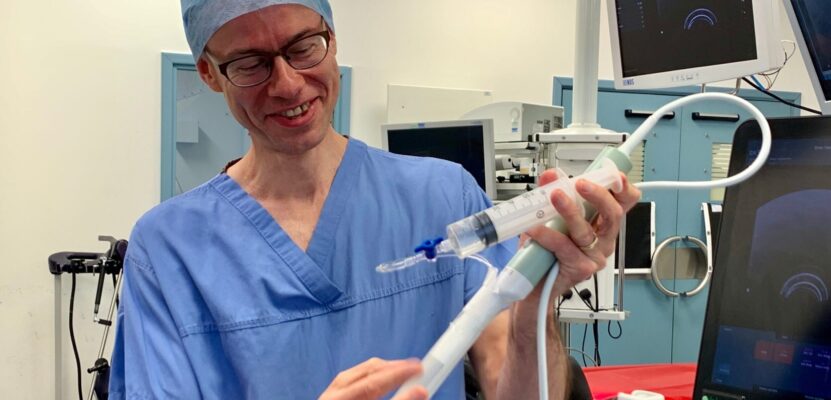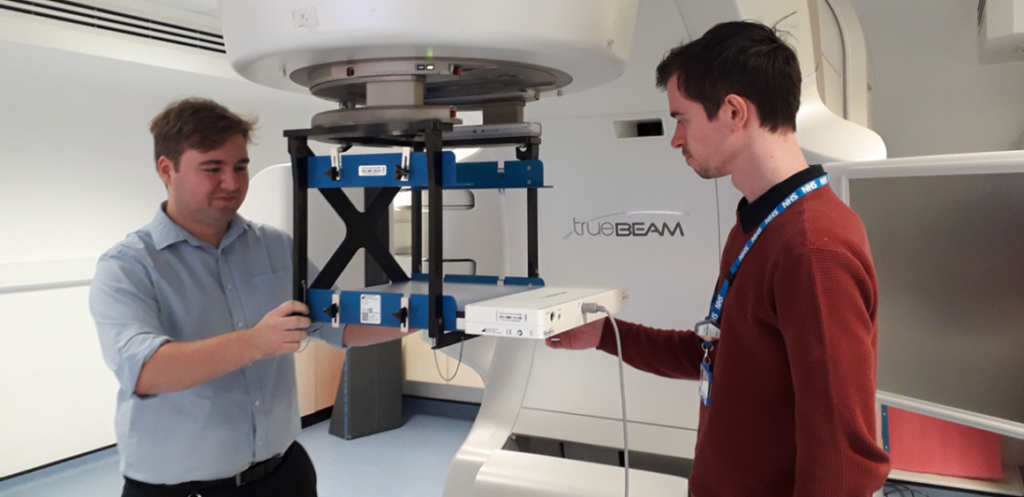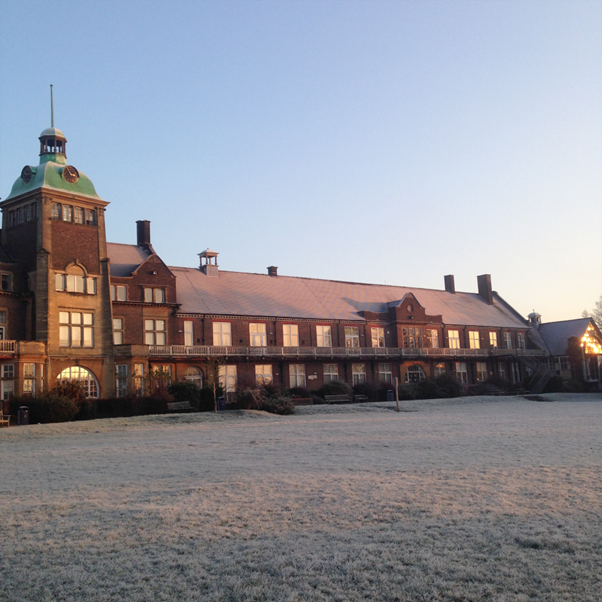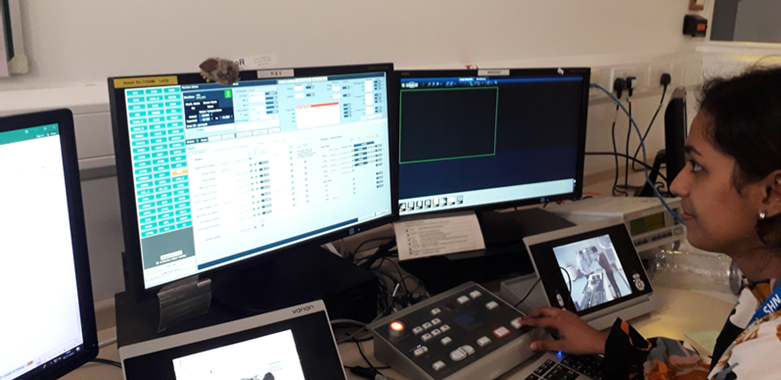
Welcome to Radiotherapy Physics at Mount Vernon Cancer Centre. You will be joining an enthusiastic, dedicated and friendly team from both radiographic and physics backgrounds who create a dynamic, vibrant working environment that focuses on patient-centred care. The multi-professional team constantly strive to improve patient treatments through the application of cutting-edge techniques and the latest radiotherapy technology. This is an exciting time for the department as we await the installation of two Varian Halycon and one Varian Ethos state-of-the art linacs, to enhance our existing treatment machine portfolio and expand our offering of truly adaptive radiotherapy to our patients. Hypersight and Identify are also being commissioned which will deliver enhanced precision of our stereotactic radiotherapy treatments.
The team comprises 53 staff, including registered and trainee clinical scientists, dosimetrists and engineers. Each section is headed by a Consultant Clinical Scientist or experienced Lead Physicist.
The large treatment planning team utilise the latest AI and script automation technology to ensure radiotherapy patients receive optimal, high quality treatment plans with minimal delays to their cancer treatment pathways. A team of Advanced Practice radiographers manage and develop an extensive breast radiotherapy treatment service.
Our internationally recognised Brachytherapy department undertakes a range of treatments using both LDR and HDR brachytherapy techniques. The department’s expertise and experience are well recognised and they receive referrals from other centres for complex clinical cases.
In Dosimetry and QA, you will work with an extensive library of modern dosimetry equipment and detector technology. Modern trend analysis through QATrack has recently been implemented and Per Fraction secondary MU check is due to be commissioned.

We have an active programme of clinical development work and publications. Current projects include the increased utilisation of MRI in treatment planning, commissioning in vivo dosimetry and advanced optimisation techniques. Our stereotactic team will be transitioning their work from CyberKnife to the TrueBeam, Halcyon and Ethos platforms over the next 6-12 months giving plenty of opportunity for development work.
The National Radiotherapy Trials QA (RTTQA) Group is hosted on the Mount Vernon site. This provides an opportunity to work with the team on RTQA programmes for national and international multicentre clinical trials and other specific RTQA related projects. The IT infrastructure of the department is designed and maintained by an in-house team of IT specialists working as part of the wider hospital digital team, who maintain our bespoke, custom-designed radiotherapy network.

Mount Vernon Cancer Centre has an active collaboration with the Centre for Sustainable Healthcare and we are fortunate to possess extensive grounds with green spaces available for the wellbeing of staff, patients and visitors. A programme of complementary therapies supports patients during their cancer journey. The centre is committed to sustainable healthcare and is involved with projects to reduce the carbon footprint of the cancer pathway.
We are well served by public transport with the Metropolitan line from Amersham/Chesham/Watford and central London being within walking distance of the hospital (15mins). There are regular buses (which pass the station) to Harrow, Ruislip, Uxbridge and Eastcote.
Those not able to travel by public transport can utilise car parking on site, although there are some restrictions on this.
You can choose to live in rural areas such as the Chilterns or towards central London.

Your development
We will support your application, portfolio and work towards MPE status. There are plenty of opportunities to gain experience that would contribute to an MPE portfolio and senior staff within the team are available to provide support, encouragement and ideas.
Management and supervision opportunities are extensive as the Department is accredited to deliver STP and Route 2 training programmes. Training for such roles is provided by the Trust with additional support provided by the regional medical physics training lead and NSHCS. The department has had 4 successful graduates from the HSST programme and continues to offer opportunities for this scheme.
Find out more about our current opportunities on our vacancies page